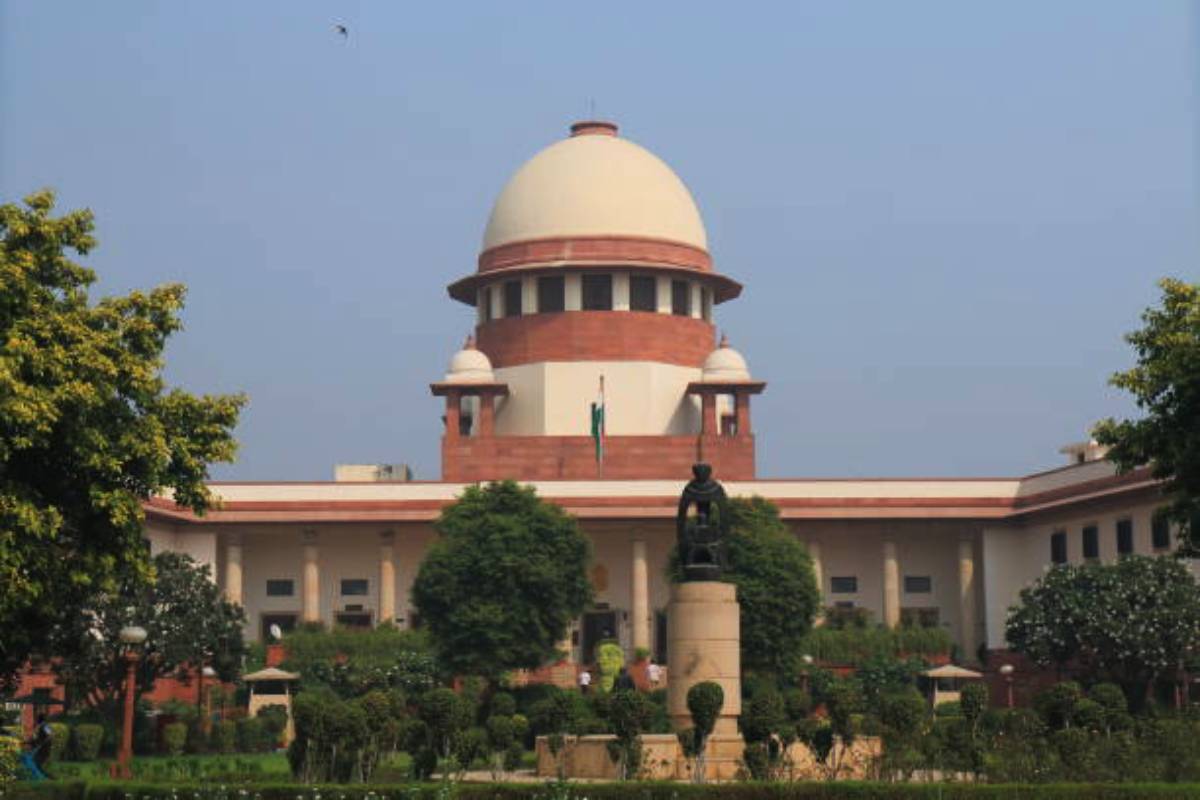India’s Got Latent: SC issues notice on YouTuber Ashish Chanchlani’s plea against FIRs
SC issues notice on YouTuber Ashish Chanchlani’s plea to quash or transfer FIR in India’s Got Latent case; tagged with Ranveer Allahabadia’s petition.
The penalty was imposed for the ‘erroneous freezing’ of the demat accounts of two Mumbai residents who were ‘erroneously’ classified as promoters.

Supreme Court of India
The Supreme Court on Monday set aside a joint penalty of Rs 80 lakh imposed on markets regulator Securities and Exchange Board of India (SEBI), the National Stock Exchange (NSE), and the Bombay Stock Exchange (BSE) by the Bombay High Court last month.
The penalty was imposed for the ‘erroneous freezing’ of the demat accounts of two Mumbai residents who were ‘erroneously’ classified as promoters.
Advertisement
The order marks same as a rare instance where a court or a tribunal imposed penalty on the markets regulator.
Advertisement
The case is releated to SEBI order of 2017, following which the demat accounts of Pradeep Mehta and his son Neil Mehta were freezed.
The order was against Shrenuj & Company for alleged violation of Sebi norms, where Neil Mehta’s father-in-law was the chief promoter.
On Monday, a three-judge bench headed by Chief Justice of India D.Y. Chandrachud noted that the Bombay High Court had ‘erred’ in setting aside the freezing orders without hearing the markets regulator and the two stock exchanges.
Noting that the penalty was slapped without hearing the market bodies concerned, the Supreme Court directed the Bombay High Court to rehear the case and pass a fresh judgement after consulting all the stakeholders.
Pradeep Mehta had challenged the freezing of his accounts, claiming that he did not have any role to play in the management of Shrenuj & Company where was just a minority shareholder.
He also claimed that his son Neil, who was a minor and living in Singapore at the time, was being affected unfairly.
Pronouncing the order on August 26, the Bombay High Court had criticised SEBI, BSE and the NSE for what it called the market bodies’ “high-handed” and “reckless” actions, pointing out a lack of due diligence and a disregard for basic principles of natural justice.
Advertisement